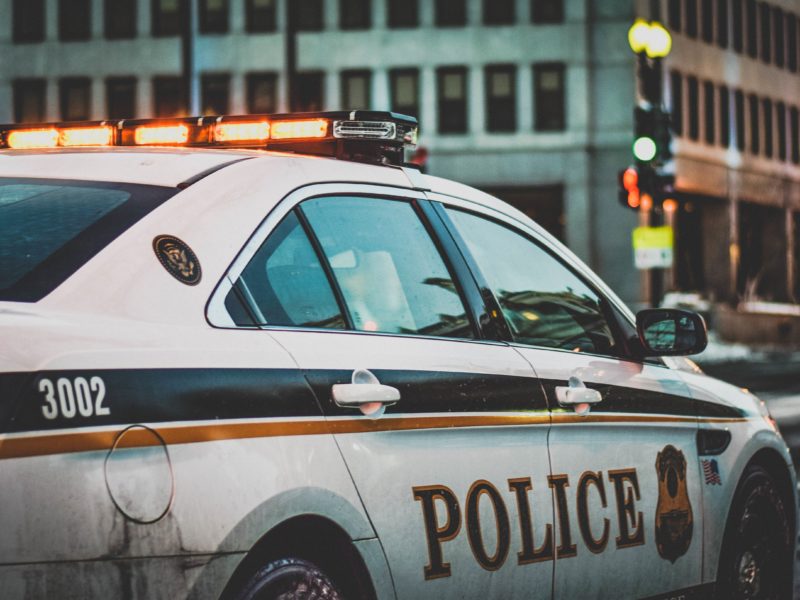You’re having a heated argument, when suddenly things turn physical and the next thing you know, you have a voicemail from a detective telling you to come down to the precinct.
Here are the top five tips for what to do if you have been or are about to be arrested for an assault in New York:
1. Don’t try to talk your way out of it.
Talking to police is often the worst mistake people make. “If they only heard my side of things, they’d understand!” Clients think this all the time, but the truth is that the police have usually decided to arrest them, and talking only digs them deeper. While it may seem that police are trying to get to the bottom of things, or give everyone a chance to tell their side of the story, more often than not, they’re only trying to gather more evidence to make a stronger case against you. Instead, tell the police you want to speak with a lawyer.
If you receive a call from an officer or detective about a prior event, and they want you to come down to “talk with them,” you are probably going to get arrested on the spot. Give them your lawyer’s phone number to try to resolve the matter without an arrest, or at least try to arrange a pre-planned surrender time to get you out as quick as possible.
2. Replay the details of the events in your mind until you can speak with your lawyer.
There’s an old saying that’s particularly true in assault cases: “The devil is in the details.” Exactly who did what and when and how they did it will be critical in putting together a defense case. With adrenaline pumping through your body (and often alcohol or other substances involved) altercations often seem blurry, and things only become less clear over time. You should concentrate on the exact details as much as possible, and tell your lawyer everything you can remember about the actual event. Your relationship with the complaining witness, and your backstory will all be relevant, but the most important facts will the actual physical interaction that led to your arrest. Remembering specific details of the altercation will make you a more reliable and trustworthy witness of events.
3. Get the contact information from witnesses whenever possible.
The last thing most people usually want to do after being a physical confrontation is stand around and chat with strangers. But you can’t simply expect that witnesses will come forward to help you later. Even if they are willing to wait around until the police arrive, you shouldn’t trust the police to conduct a thorough investigation and get their information. Even if the police do everything perfectly, your lawyer will not get their information until long after the prosecutor gets it, putting your defense at a disadvantage. If you see a stranger that could be a witness in your defense, politely ask them for their contact information. Don’t reach out to them yourself, pass along their information to your lawyer so an investigator can take their statements.
4. Keep an eye out for cameras.
In New York City cameras are everywhere–ATMs, store security, private buildings, public housing, traffic lights, etc. Your lawyer can issue a preservation letter or subpoena for any private or public surveillance cameras footage to help your defense. The key is to act fast. Surveillance footage is often kept for a short period of time before it is recorded over.
5. After you are released DO NOT contact the complaining witness while the case is pending.
Nearly all assault cases include an order of protection. The order of protection is a court order to not contact the complaining witness. If you receive an order of protection, DO NOT contact the person listed on the order EVEN IF THEY CONTACT YOU. Trying to resolve things out of court with the complaining witness is NOT an option. Even if you know the complaining party wants to end the matter, your case is against the district attorney’s office, not the complaining witness. This can be especially difficult in cases where you have a long relationship with the complaining witness, but the rules are the same in all cases.
If you contact the person listed in the order, you can be prosecuted for a felony, regardless of whether the original charges are dropped. For example, imagine John and Jane Smith get into an argument. Jane calls the police against John claiming John hit Jane. An order of protection is issued against John stating that John cannot contact Jane. John knows that Jane made up the allegations so John texts Jane saying, “Why did you do that?” Jane later recants and tells the police that John did not hit Jane. The charges against John are dropped. John can still be charged and convicted of a felony for violating the order of protection by texting Jane, even though the original case was dismissed.
Being charged with any crime can be disturbing–particularly if you feel you have been wrongfully accused or that there were additional circumstances that should be considered.
Rest assured, you are not alone. Our firm is here to help. The attorneys at Law Offices of Daniel A. McGuinness, PC have extensive experience and proven success in determining the best way to resolve assault cases. We will listen to your side of the story, discuss your options and determine the best way to move forward.
Have you been charged with an assault crime in New York?
Contact us today for a free consultation: (646) 742-9800





You must be logged in to post a comment.